The government has announced the extension of free primary education up to grade eight in alignment with the National Education Policy of 2010, aiming to ensure quality education, reduce school dropouts, and prevent child marriages. This initiative is part of the government’s broader plan to meet the Sustainable Development Goals (SDGs), according to sources from the Education Ministry.
Following the 2010 policy, the government is committed to providing lower secondary education either free or at a low cost, ensuring no student drops out due to financial constraints. Historical context reveals that formal primary education in the region began in 1854, with literacy programs starting privately in 1918. After liberation in 1971, the literacy rate was a mere 16.8%.
In 1972, the constitution guaranteed universal and compulsory free primary education to improve literacy rates. By 1973, the government had nationalized 36,165 primary schools, solidifying this process with the Primary Education (Taking Over) Act of 1974. Under the guidance of Bangabandhu Sheikh Mujibur Rahman, primary education was nationalized in 1973.
The Bangladesh Education Commission Report of 1974, led by Dr. Qudrat-e-Khuda, recommended free and compulsory primary education from Class I to VIII by 1983. The Primary Education (Compulsory) Act of 1990 made primary education up to grade five both compulsory and free, extending it to the entire country by 1993.
As of the latest reports, the literacy rate has risen to 74.66%. However, the National Student Assessment 2022 by the Directorate of Primary Education and UNICEF highlighted significant stagnation in the primary education system, with many students lacking basic reading, writing, and analytical skills. This deficiency has also affected secondary and higher education levels.
The National Education Policy aims for primary education up to grade eight and secondary education up to grade twelve. Although the Awami League-led government announced primary education up to Class VIII in 2016, it was not implemented due to various reasons. The government has now directed the Ministry of Education and the Ministry of Primary and Mass Education to collaborate on this transition.
The Ministry of Primary and Mass Education plans to extend free education to grades 6, 7, and 8 in at least 10,000 primary schools within the next three years. Both ministries are also working to reduce education costs in private institutions at the lower secondary level. Lists of schools and necessary infrastructure data have been requested from regional primary education directors and district education officers.
The Directorate of Primary Education (DPE) will extend education to grade eight in government primary schools with adequate infrastructure and will assess the number of students and teachers needed. Recently, UNFPA representatives indicated that extending free or inexpensive education up to the eighth grade could reduce child marriage rates in Bangladesh.
Education Minister Barrister Mohibul Hasan Chowdhury Nowfel reaffirmed the government’s commitment to providing free education up to the secondary level, despite challenges such as economic issues, extra school fees, and high dropout rates. Educationist Rasheda K. Chowdhury welcomed the initiative, emphasizing the need for improved education quality to develop skilled human resources and avoid future national losses.



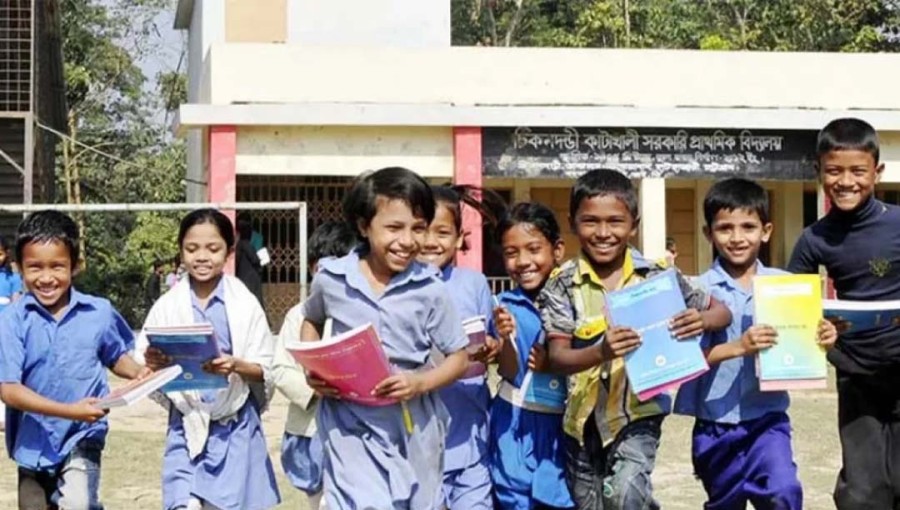
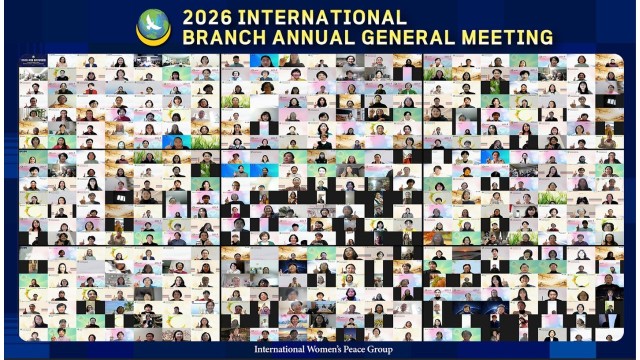





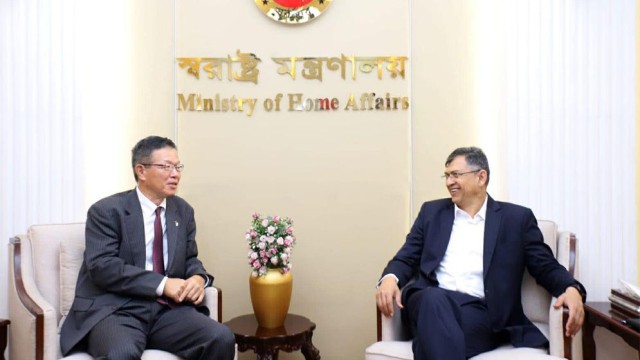
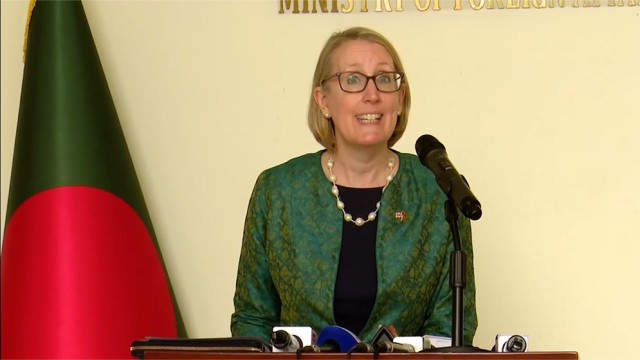
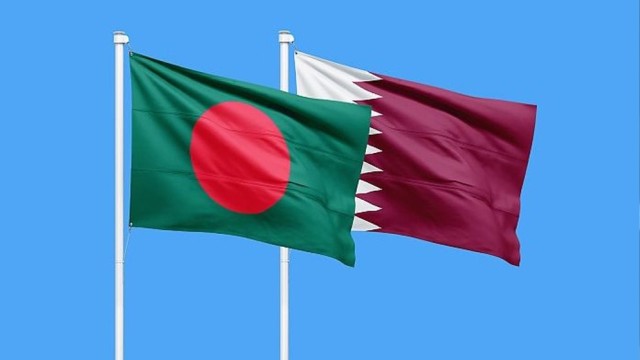

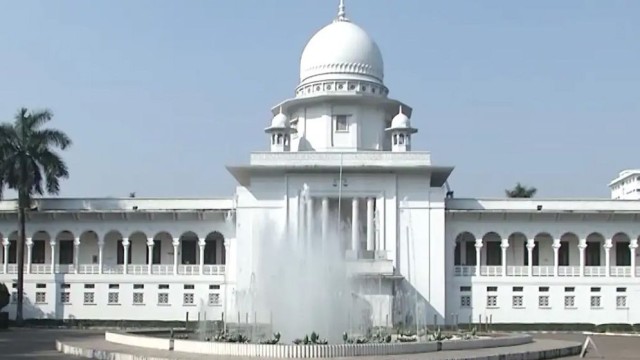

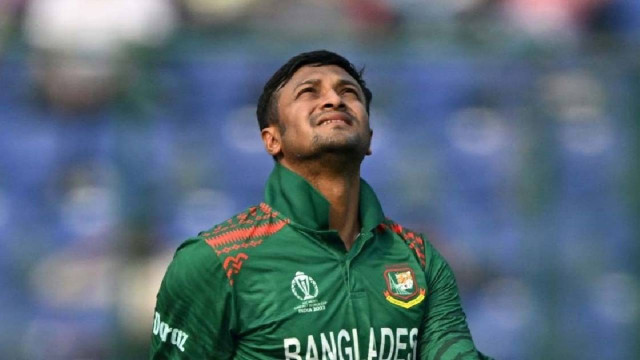














Comment: